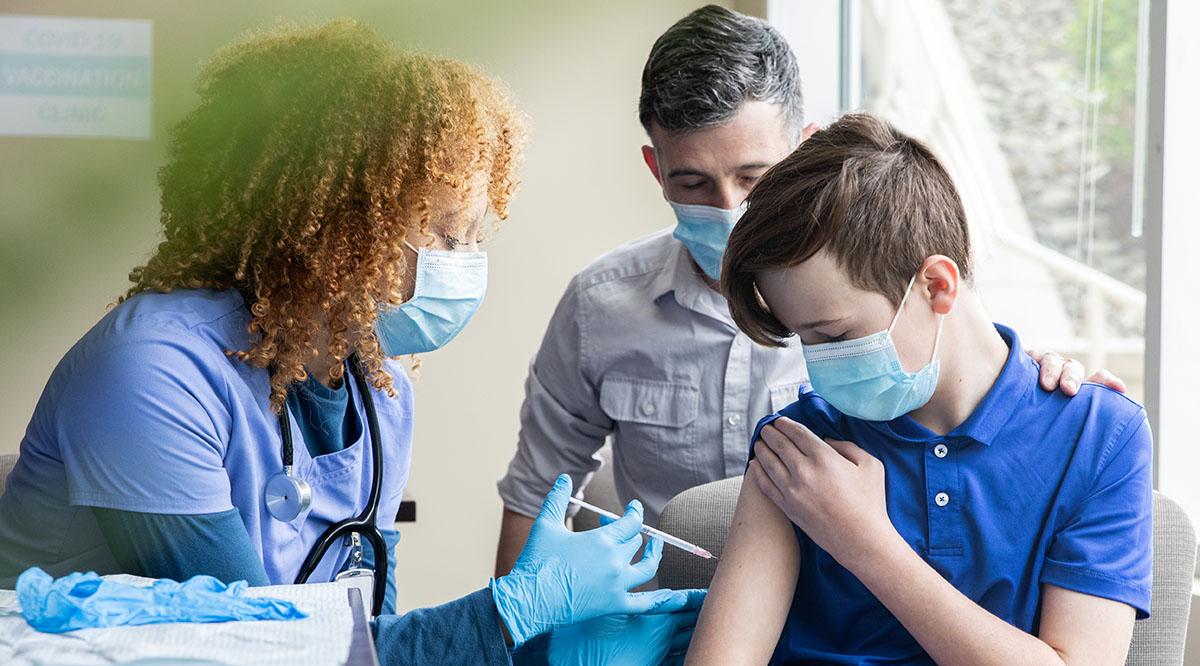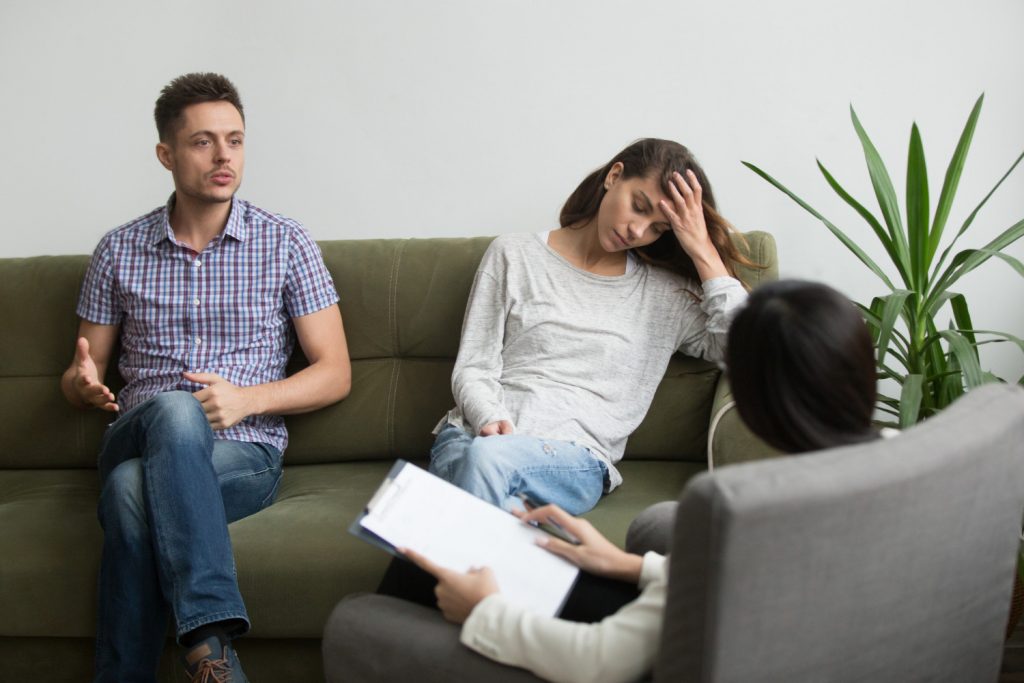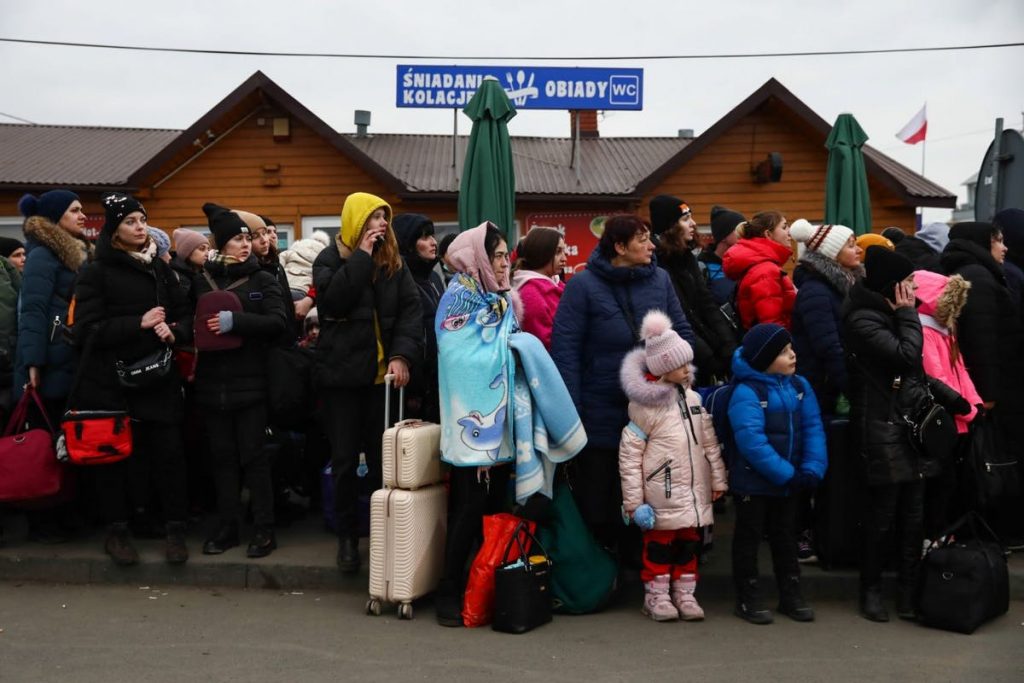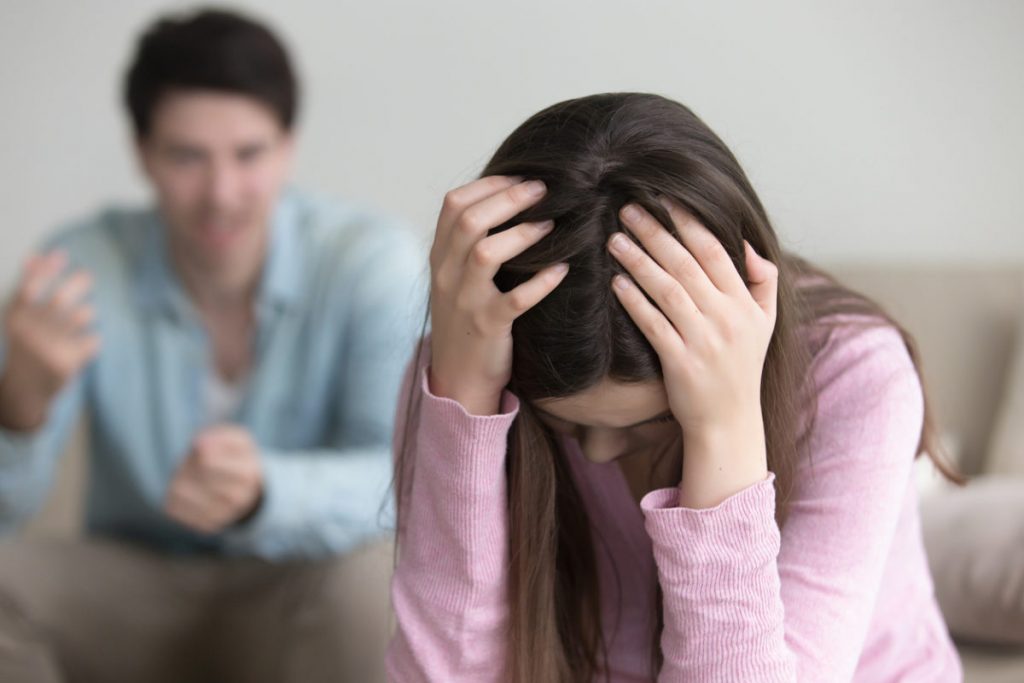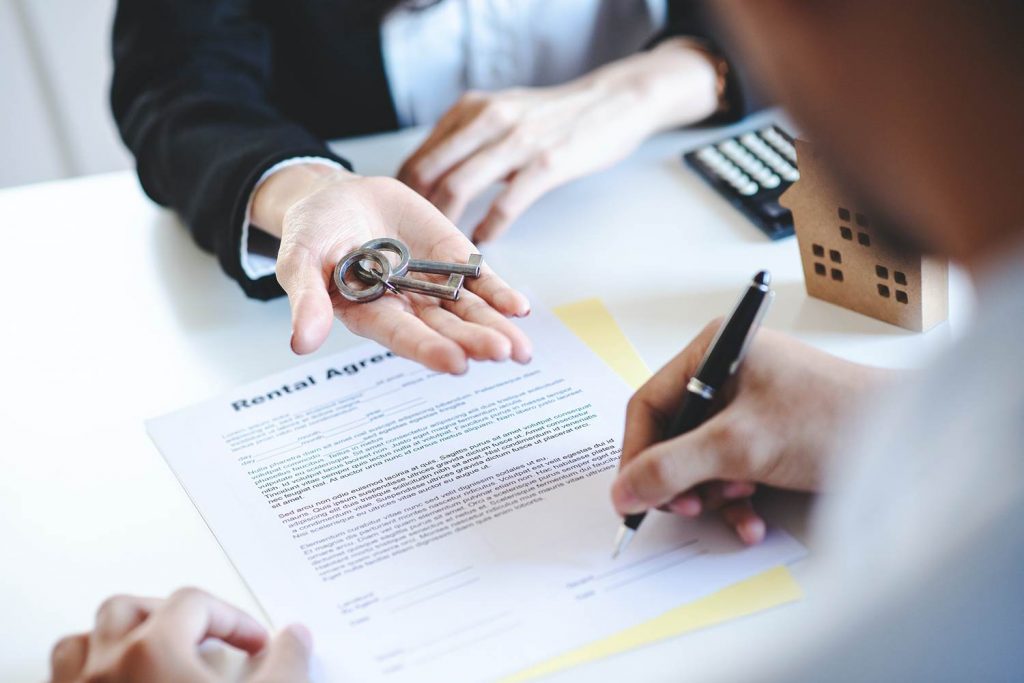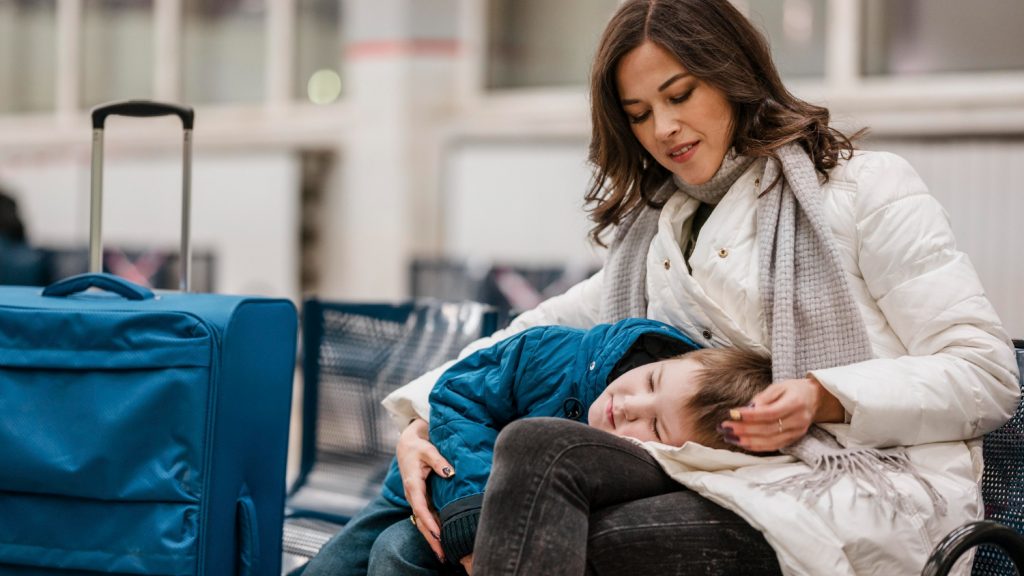While preparations are being made in the UK for voluntary vaccination of all children ages 12-15, pharmaceutical companies are rapidly conducting clinical trials on children as young as six months. There can be clashes among parents who disagree on giving their children a vaccine. If parents cannot agree, the family court will determine what is best for the children.
Vaccinating a child against COVID-19 can be a difficult decision for disagreeing parents.
To help resolve the issue, experts propose each parent draw up a list of pros and cons on their views and reflect on settling disagreements as they did in the past. Children and adolescents are able to understand and justify low-risk, beneficial health measures, so UK laws do allow minors to be vaccinated against COVID19 without parental permission.
Is parental consent required for vaccination?
Vaccinating your children is an important decision that parents should make together. It can be a challenge when one parent wants the child vaccinated, and the other doesn’t. If you find yourself in this situation, the first thing is to review your custody order with your lawyer.
Some custody orders cite the child’s paediatricians as the authority to make decisions, while others allow one parent’s consent, granted they have first consulted with the other parent. You will be required to consult a lawyer should both parents lack final decision-making power.
Does My Child Have a Say?
Parents can consent for vaccinations in the UK, but youngsters can consent themselves (without their parents) if considered competent.
The issue has sparked heated debate. Individuals under 16 are lawfully protected in regards to consent for medical treatment. Medical practitioners are accepted to evaluate a child’s competence, recognise a remedy and consent, rather than manage that remedy. It can take place without the parent’s knowledge. It is known as the
“Gillick competence” and states that the parental right to determine whether or not their minor child (below the age of sixteen) will have medical treatment, is terminated if and when the child achieves sufficient understanding and intelligence to understand what is being proposed.
Minor Consent Laws
The UK is about to begin vaccination of children against covid-19, so the legal basis for consent for medical intervention in this age group needs to be understood. On 17 September 2021, the Court of Appeal overturned a previous High Court ruling and decided that parental consent isn’t required for children under the age of sixteen. Under the age of sixteen, the scientific team of workers determines whether or not a child is capable of consenting to scientific treatment according to the cap capacity of their age.
Policy Recommendations
Minors should be able to receive vaccines without parental consent. Such a policy would balance parental interests with developmental realities, granting greater autonomy to minors as they age while also considering the risks and benefits of vaccination. As a result of this calculus, COVID-19 vaccines offer high benefits and low risks, which reduces the threshold for determining whether a minor has the capacity to make such a decision.
Policy responses to COVID19 are intricate, contextual, and rapidly evolving. Different countries are taking different approaches to managing the pandemic. Documenting these guidelines can help us understand and evaluate government responses to COVID19 over time.
Following is a guide for minor consent rules for vaccination against COVID-19 based on age groupings:
Children younger than 12 years would not be allowed to consent to vaccination without parental consent. In contrast, children older than 9 years with underlying medical conditions who may benefit from the vaccine are exempted from this general prohibition. They can consent, after an affirmative evaluation of their competency.
When supported and facilitated by their clinicians and other trusted adults, minors between the ages of 12 and 14 can consent to vaccinations without parental permission.
Minors aged 15 to 17 years may have permission without parental approval. Unlike younger groups, immunisations should remain confidential.
Courts throughout the UK are backed up, so getting in front of a judge can take months. Royce Legal Solicitors recommends first having both parents sit down with their paediatrician or a mediator.
Regardless of what residential or custody has been granted in your case, the Child Vaccine-Related Disputes question is a fact-based analysis. If you have any child vaccine-related disputes, contact our attorneys at London, Rochdale, and Nottingham, Royce Legal Solicitors for a consultation. Call us on 01706 655 592 for a quick free consultation.

